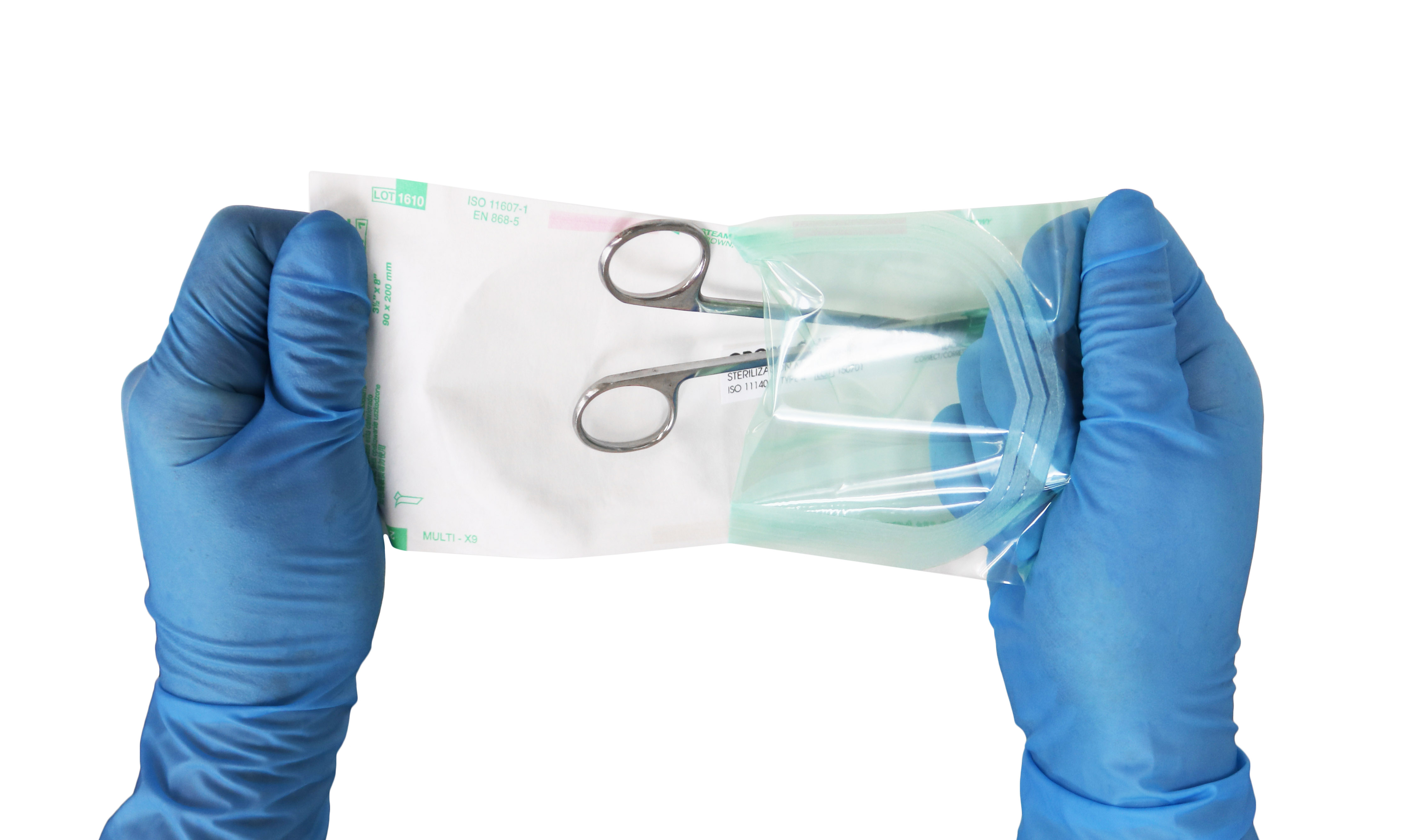A C.H.I.P TIP FROM THE CPD GUY – ISSUE NO. 171
September 1, 2012
One of the "perks" of my job is being able to go into many different type of facilities. This allows me to keep abreast of what is going on and interact with fellow CSSD staff.
This past week I was able to go to more than one facility and spend some time talking about cleaning and its importance.
I had noticed that the staff were not following some basic concepts in cleaning. One is to make sure instruments are exposed to the cleaning process. This is accomplished with ring handle instruments by keeping them "wide open" and exposed as much as possible. You can use special stringers or racks that let the box lock area get exposed to the cleaning process. Also multi-layered trays need to be pulled out so they can also be exposed to the cleaning process.
One staff stated they can stack the instruments in the tray in the open positions and that is good enough. They did not really need to string them. I reminded them that if they read both the instrument manufacturer and the washer disinfector manual it would state differently, that they need to string their instruments before they go into the washer.
I quoted directly from there washer manual: " ...all hinged surgical instruments with handles, such as scissors, hemostats, and forceps, must be stringed before being placed in a rack, to optimize cleaning of hinges. A maximum of 50 items, open at 90 degree angle, must be placed in each instrument tray...".
From that point on we talked about the importance of stringing instruments. How for hinged (box lock) devices it can reduce repairs because a more closed device might not get cleaned as well and organic soil can be left inside that area and build up over time and cause stress fractures and thus you have a repair cost . That repair cost could have been prevented by stringing.
I told them what we were reviewing is what I call a C.H.I.P tip. They asked, what is a C.H.I.P. tip? The C stands for Care, the H stands for Handling, the I for Inspection, and the P for Prevention, thus C.H.I.P. When you put that together it stands for what we do all the time in our department.
If we understand care and handling of any medical device and inspect it properly and we practice prevention in testing and verifying our process we reduce concerns and provide best practices in what we do. Regardless if it is cleaning instruments or any other critical step in reprocessing, understanding care, handling, inspections and prevention, we will do a better job all around.
As Always, remember to "Keep it Clean".
HAVE A QUESTION?
WE ARE HERE TO HELP
Have a question about our products? Contact us today to speak directly to a Healthmark team member or shop our catalog now to request a inquiry


